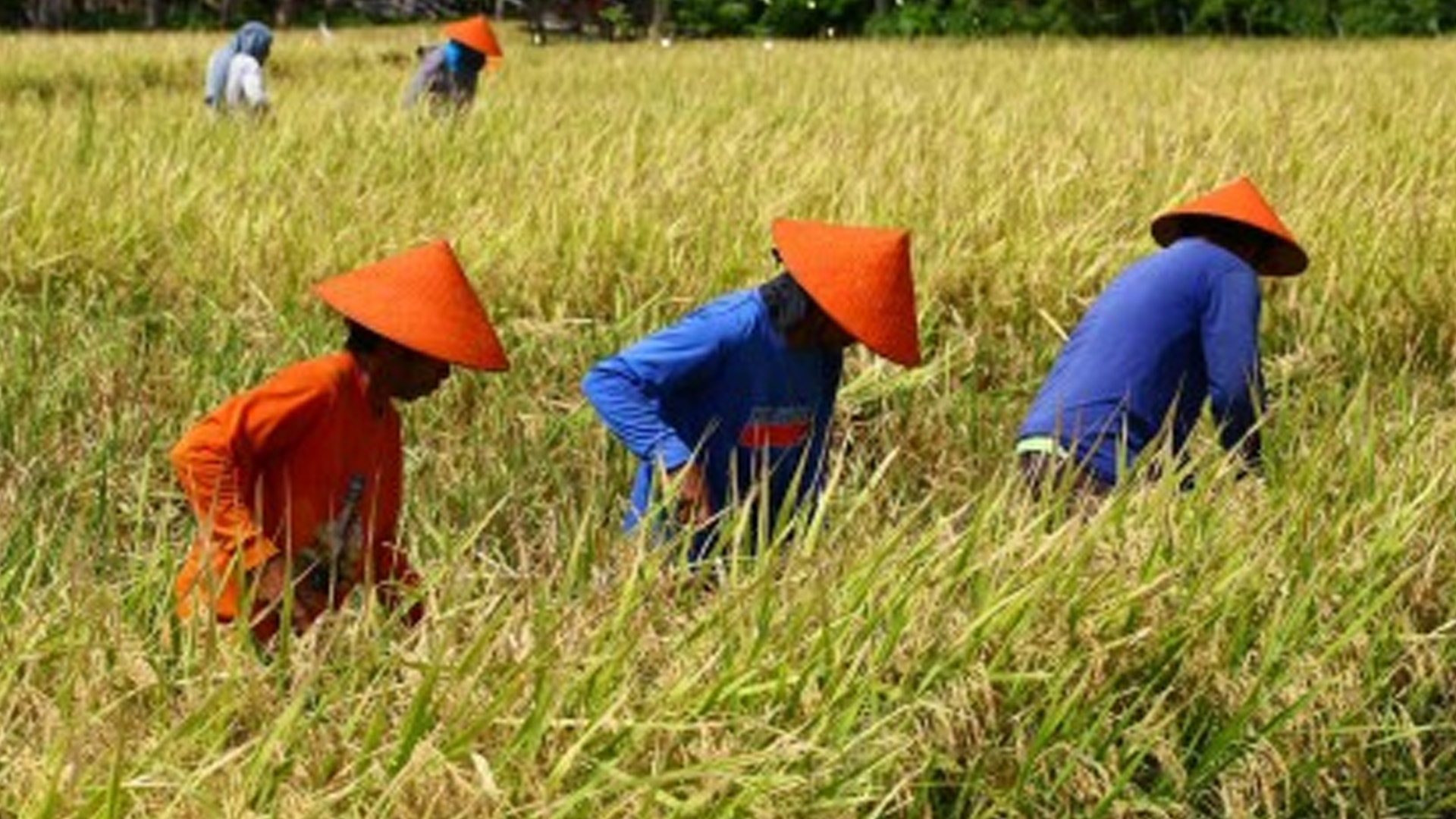A total of 203,839 agrarian reform beneficiaries (ARBs) nationwide secured their land titles from the Department of Agrarian Reform (DAR) in 2024.
A news release issued by DAR on Tuesday said 211,751 land titles were distributed nationwide, composed of 134,736 electronic titles and 77,015 certificates of land ownership award under the regular land acquisition and distribution (LAD) components of the Comprehensive Agrarian Reform Program.
Each farmer beneficiary can receive a maximum of three land titles for segregated land areas.
DAR Undersecretary for Policy, Planning, and Research Luis Meinrado Pañgulayan said in an earlier interview that out of 203,839 ARB beneficiaries, 126,810 received titles through the Support to Parcelization of Lands for Individual Titling project and 77,029 under the regular LAD program.
Meanwhile, Pañgulayan cautioned ARBs that non-compliance with land use regulations, such as abandonment, misuse, illegal conversion for commercial or residential purposes or unauthorized sale could lead to disqualification from the program.
In addition to the distribution of land titles, he highlighted the implementation of Republic Act 11953, known as the New Agrarian Emancipation Act, which states that all unpaid amortizations, including principal debt, interest, and surcharges incurred by ARBs are condoned through the issuance of Certificates of Condonation with Release of Mortgages.
Data from DAR showed that 610,054 ARBs cultivating 1.173 million hectares nationwide have been relieved from paying an estimated amount of PHP57.56 billion in unpaid obligations.
DAR Secretary Conrado Estrella III previously vowed to complete the land distribution program within President Ferdinand R. Marcos Jr.’s term until 2028, reinforcing the government’s mission to empower farmers through land ownership and support essential agricultural services.
“The DAR remains steadfast in its mission to implement agrarian reform, as mandated by the 1987 Constitution, through land tenure improvement, agrarian justice and the coordinated delivery of essential support services to ARBs,” Pañgulayan said. (PNA)








